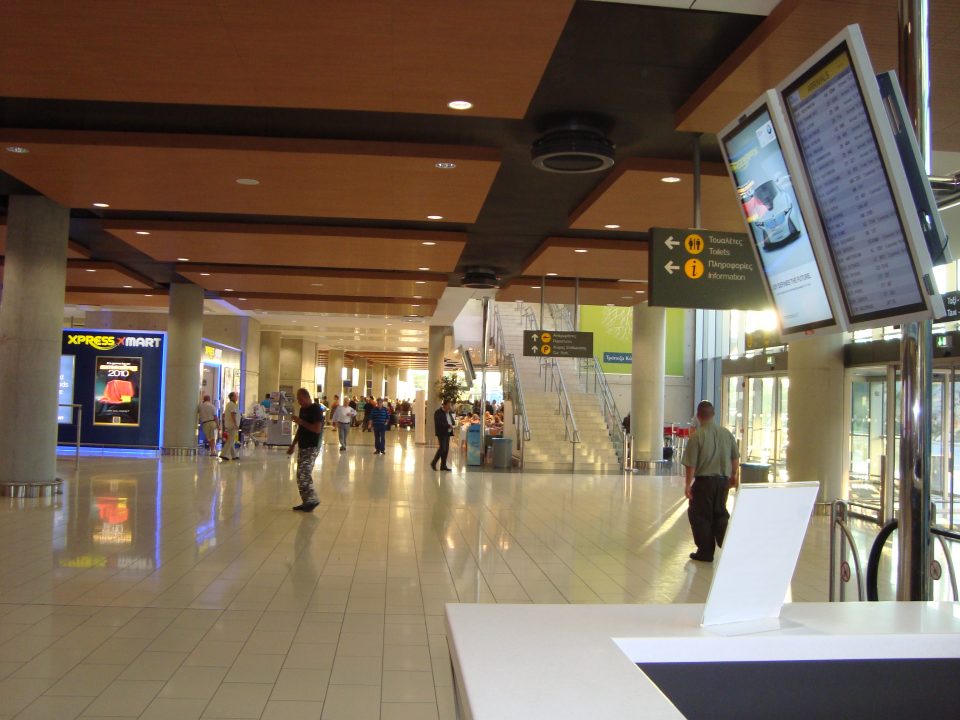The cabinet on Wednesday took a series of new decisions regarding school and travel measures, and rules concerning visits to nursing homes.
The three changes are that from January 17 to February 16, a ‘test to stay’ policy is being introduced in primary and secondary schools with the aim of keeping schools operational and detecting positive cases in a timely manner, the cabinet said.
Under the rule, close contacts of confirmed cases that have no history of vaccination, instead of being restricted, will undergo a daily rapid test for a period of five days.
This decision concerns only the students, and the rapid test will be carried out by the mobile units of the ministry of health that will visit the schools.
Secondly, from January 13, the ban on visits to nursing homes and closed structure such as institutions will be lifted but only with entry to those who have completed their vaccination programme and that a period of seven months has not elapsed, or that they have a recovery cert not older than 90 days, or those who have had a third shot. The people in the three categories must also present a negative rapid test not older than 24 hours.
The third change relates to travel.
As of Friday from 5am and on, people travelling to Cyprus aged 12 and above will have the option of presenting the authorities on arrival either a PCR test taken no longer than 72 hours before departure or a rapid test taken no longer than 24 hours before departure, regardless of their vaccination history.
Arrivals, who may have been infected before travelling here, must have passed 10 days from the date they tested positive.
Passengers will still need to undergo a PCR test on arrival, regardless of their vaccination history. The cost of the test is €15 at Larnaca airport and €19 at Paphos airport.
In addition to that, all passengers aged 12 and above are required to undergo a rapid test 72 hours after their arrival, with the exception of those who have received the booster shot of the Covid-19 vaccine.
Passengers are reminded that filling in a Cyprus Flight Pass before their trip remains compulsory.
The cabinet decided to keep the other existing measures in place until January 31.
“The rapid deterioration of epidemiological indicators recorded in Cyprus in recent weeks due to the predominance of the Omicron variant leaves us no room for complacency,” a statement with the decisions said.
The ministry said it was constantly on alert and evaluating the scientific data with the team of experts.
“Our guide is the safest operation of society with the aim of protecting and safeguarding the health of all our citizens and especially of our vulnerable groups,” it added.
With a positivity rate of more than 3 per cent and more than 28,000 thousand cases since the last meeting of the Council of Ministers, the ministry said, the hospitals were working tirelessly to respond to the increased number of hospitalisations.
“Following the suggestions of the scientists, at this stage it was deemed necessary to take further protective measures in the schools, in order for the schools to remain in operation and to detect the positive cases of coronavirus in time, without depriving students of their basic right to education,” it concluded.


